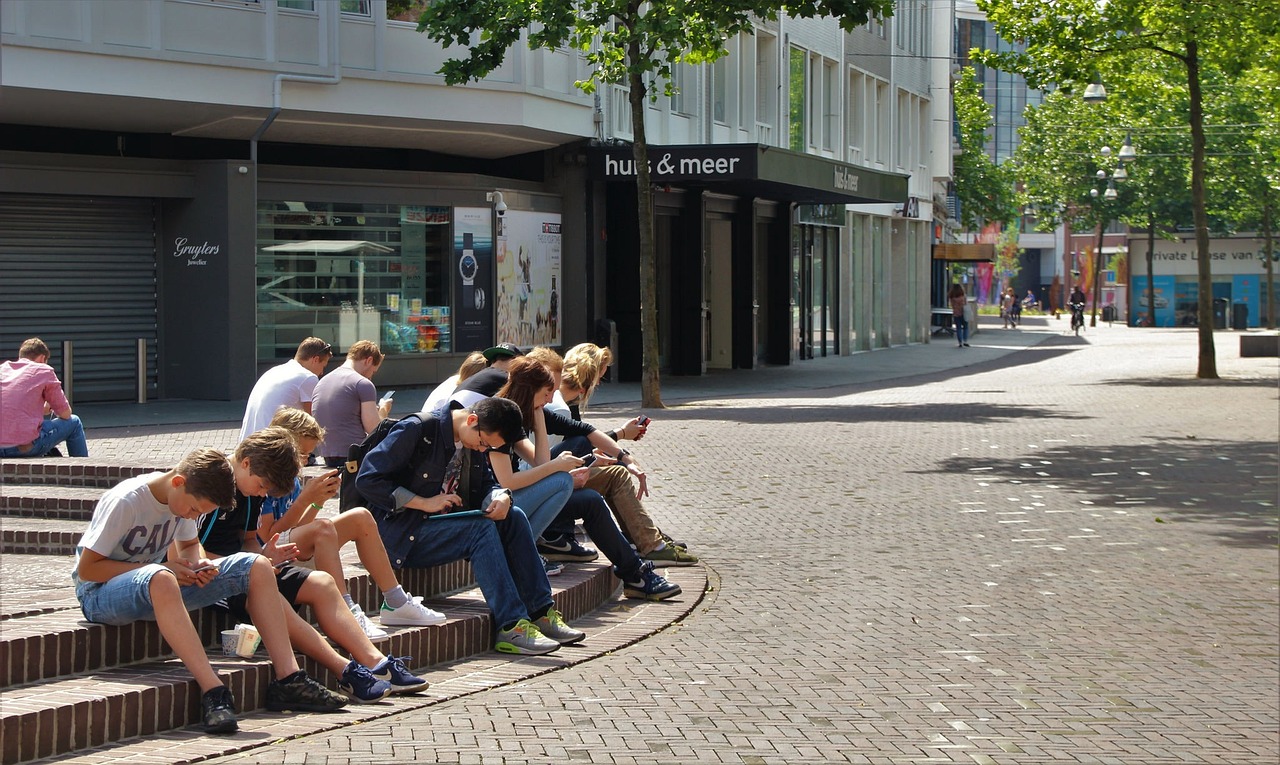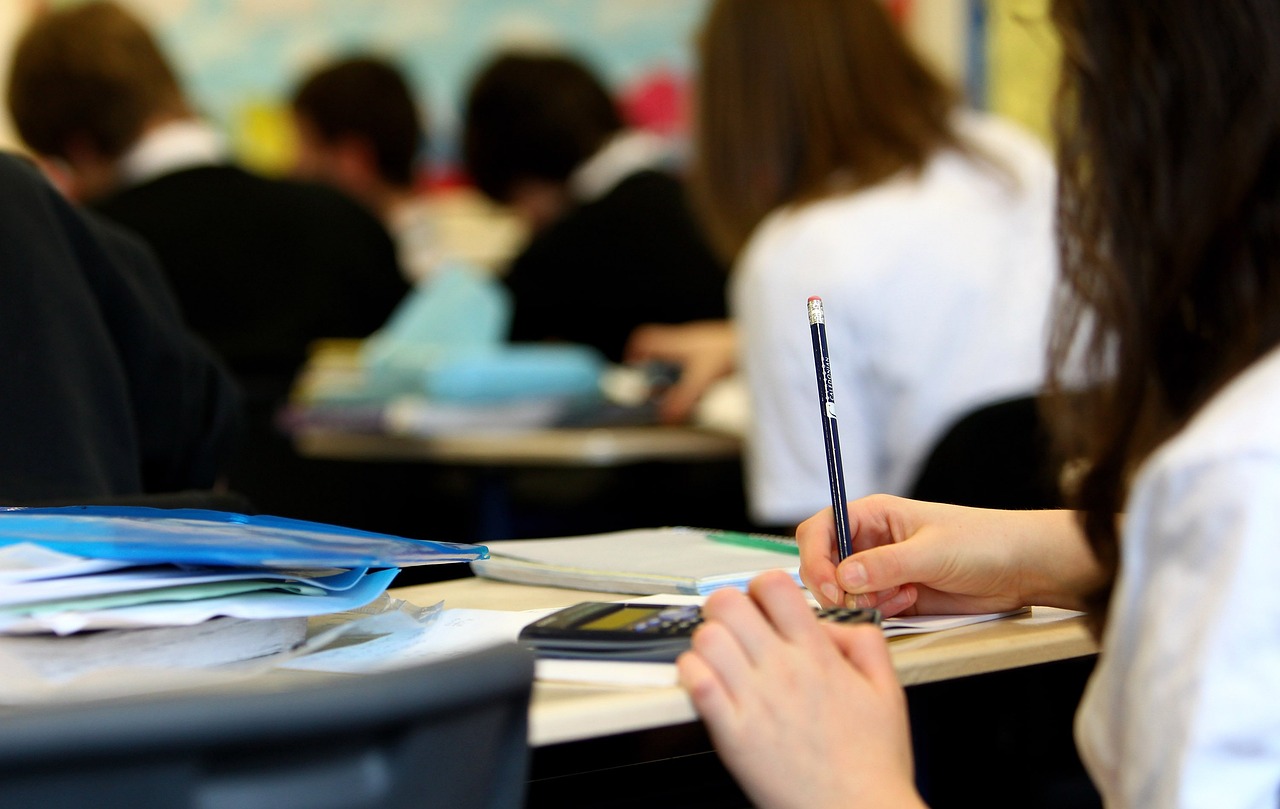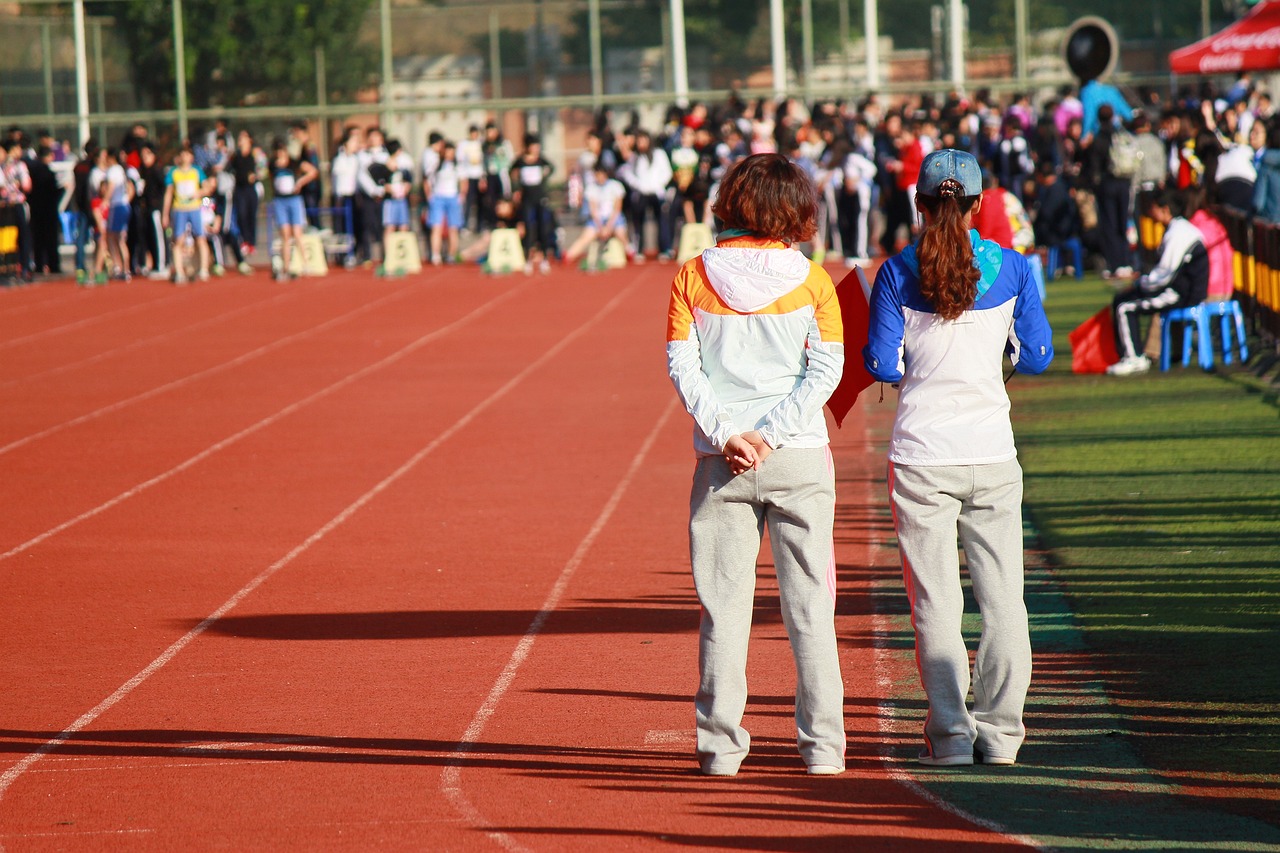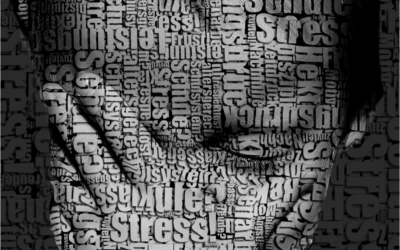College is an exciting time but can be extra challenging for students with social anxiety.
Many college students experience social anxiety. In fact, it’s the third most common mental health disorder among college students [1]. College students with social anxiety often have to navigate multiple types of high-stress social situations without the support of family or trusted peers from high school or their younger years.
For most students, it won’t naturally go away on its own. And when it’s not addressed, it can lead to additional problems such as other mental health struggles, social withdrawal, or dropping out of college.
However, college students can learn to manage and overcome social anxiety with support and treatments.
What is social anxiety?
Social anxiety is characterized by an overwhelming and intense fear of judgment, embarrassment, or negative evaluation in social interactions and performance-based situations. It’s a fear reaction to a situation that isn’t truly dangerous — but that person’s mind and body react as if it is dangerous.
Social anxiety negatively impacts the person’s everyday life, such as having difficulty forming or maintaining relationships, underperforming in classes due to their anxiety, and avoiding situations or experiences they may be interested in due to fears.
Common symptoms of social anxiety in college students
Social anxiety symptoms can involve a combination of physical, behavioural, and cognitive reactions that negatively impacts the person. People can have varying levels of severity and react more strongly in some circumstances than in others.
For instance, college students with social anxiety often experience heightened self-consciousness that leads to avoiding various social situations. But students with severe social anxiety may be so fearful that they don’t speak to certain people like professors or in certain situations like a class presentation.
College students with social anxiety may experience emotional, cognitive, and physical symptoms such as:
- Faster heartbeat and breathing
- Blushing
- Sweating
- Feeling sick or trembling
- Panic attack, where they have an overwhelming sense of anxiety and fear for a few minutes
- Difficulty thinking clearly in the situation
- Frequent worries about everyday activities they fear, such as speaking on the phone, starting conversations, or meeting new people
- Avoid many social activities or situations like study groups or eating out with others
- Fear about being criticised or have a fear of negative evaluation
- Self-doubts, negative self-talk, and low self-esteem
Image by natureaddict from Pixabay
What’s the difference between shyness and social anxiety?
Shyness and social anxiety have some similarities but are different.
Shyness is a common personality quality. Shy people may be more naturally quiet in group situations, feel hesitant in social situations, avoid eye contact, and may limit the amount of social interactions they have. But, their shyness typically doesn’t cause significant functional difficulties in their life and may lessen or go away after adjusting to a situation or new person.
However, social anxiety is an anxiety disorder. People with social anxiety disorder (SAD) experience high levels of distress and intense fear. Their social anxiety also creates significant difficulties in their daily life. The anxiety, worries, and fears typically don’t go away after experiencing the situation and, instead, can persist after the event is over.
For example, a shy person may feel nervous about an upcoming class presentation. They may prepare a little extra and feel “butterflies” in their stomach. But once they start the talk, the feelings may subside. Then, after the event is over, they feel better.
However, someone with social anxiety who fears public speaking may worry about the talk for weeks, lose sleep over it, and experience various physical and cognitive symptoms on the day of the presentation that interfere with or prevent them from doing their personal best. After it’s over, they may overanalyze their actions long after the talk.
How does social anxiety impact college students?
Social anxiety can negatively impact various aspects of a college student’s life, including their academic performance, emotional well-being, physical health, and daily life.
Understanding these impacts can help students better identify how social anxiety impacts them and what supports and strategies may work for them.
Ways social anxiety impacts student’s academic performance
Many college classes require students to engage during the class, in small groups or labs, interviews, or presentations. These experiences help enhance their learning, build connections, and are signs of academic success.
But, students with social anxiety may struggle. They may:
- Avoid sharing their ideas in group projects.
- Not seek help from professors or assistants when they don’t understand something.
- Avoid study groups.
- Not contribute during class.
- Avoid classes that require presentations or group work, even if they’re interested in the topic.
- Procrastinate on tasks that require social interactions, causing them to get lower grades or not perform at their best.
Ways social anxiety impacts student’s emotional and physical health
Students with social anxiety experience more fear and worry, which can be emotionally and physically exhausting.
Students with social anxiety may:
- Be more likely to isolate themselves or withdraw, preventing them from getting the level of support they may need to succeed.
- Experience more stress and anxiety regularly.
- Have lower self-esteem or negative self-image due to contestant fear of judgment and internalized negative self-talk.
- Struggle with sadness, loneliness, and depression.
- Experience chronic sleep disruption or restlessness.
- Be prone to gastrointestinal issues, like stomach aches or nausea.
- Struggle with chronic stress.
Additionally, students with social anxiety disorder are at increased risk for other mental health issues, including depression, suicide attempts, and alcohol abuse.
Ways social anxiety impacts college student’s daily activities and life
For many students, college is a stepping stone that helps them transition into the future career and life they want. It’s a place to establish connections, learn essential job skills, and network.
However, students with social anxiety may find it difficult to do these steps. They may:
- Avoid networking events.
- Not join groups or extracurricular activities that they’re interested in to avoid or limit situations that may trigger their social anxiety.
- Turn down opportunities that are important to advance their career.
- Keep to themselves.
Image by Vidhyarthi Darpan from Pixabay
7 strategies for managing social anxiety in college students
1. Challenge avoidance behaviours
Many people faced with social anxiety will be tempted to avoid certain situations to reduce their anxiety. While understandable, this approach reinforces the anxiety and fear — letting it control you.
Instead, confronting avoidance behaviours and trying the activities that you typically avoid can help you start to build confidence and change your beliefs. This step can be hard. To help, you may want to:
- Gradually expose yourself to social situations and activities you normally avoid, which is an approach used in exposure therapy. For instance, you can break down the situation into smaller achievable steps or set up practice scenarios to build confidence.
- Celebrate the successes that you have to reinforce your progress and the idea that you can succeed in these situations.
- Consult with your college counseling or resource center for assistance in overcoming avoidance behaviours.
2. Talk with your professors
Many students struggle with social anxiety. Many professors understand the challenges students with social anxiety face. Explain your situation and share your challenges. Your professor may have ideas to help and can offer accommodations or support to help you so your social anxiety doesn’t hold you back.
3. Practice relaxation and mindfulness techniques
Relaxation and mindfulness strategies can help you feel more present, in control of your emotions, and help you manage anxiety.
You can:
- Incorporate mindfulness into your daily routine through regular medication practice. Even short sessions can enhance your self-awareness and reduce anxiety over time.
- Learn deep breathing exercises that you can use when you feel anxious to help calm you down so you can focus and be more present in the moment.
4. Prepare for social interactions and conversations
The more you put yourself in social occasions you normally avoid, the easier it can become. To help with this process and make it easier to go outside your comfort zone, you can also prepare yourself in advance for conversations or social interactions to build your confidence and social skills. So you feel less stressed and anxious when facing similar situations.
For instance, you can:
- Role-play social interactions with a trusted friend, in front of a mirror, or record yourself using video tools.
- Practice for job interviews or networking events by researching commonly asked questions, attending workshops on interviewing strategies, and attending mock interviews.
- Come up with a few conversation starters or questions you can use when meeting new people at social gatherings or networking events.
- Use positive affirmations or brief relaxation strategies before a social event or situation to help you relax and focus on the positives about yourself.
Image by likonkom from Pixabay
5. Attend social functions and build new friendships
Making new friends and attending social activities can be stressful for anyone, but especially for people with social anxiety. However, you can learn to overcome your anxiety so you can create meaningful connections during college.
To help, you can:
- Create a list of social situations from easy to hard, so you can gradually build up to more difficult situations for you.
- Join a club where people share similar interests. If the standard process to join feels too stressful, consider reaching out to the club president and explaining a little of your situation to see if they can adapt how you join or try out the group.
- Set realistic goals to help reinforce positive social experiences. For instance, aim to smile or say hi to the person sitting beside you in at least two of your classes each day. Then, gradually adjust your goals as you achieve them.
- Reach out to anyone you already know (and have a good association with) who is attending the same college and see if they would like to meet up. Having a familiar face can help as you transition to a new place.
6. Create healthy lifestyle habits
Taking care of your physical health helps you feel better physically and emotionally. Engaging in regular exercise and eating healthy can improve your sleep, mood, and overall well-being.
Select activities you enjoy and that you’ll do regularly. Additionally, you may be able to meet people who also enjoy the activities you do, giving you a chance to meet new people in a less stressful situation.
7. Visit your campus’s resource or counseling center
You don’t need to struggle with social anxiety on your own. Contact your college’s resource or counseling center for professional help, tools, and emotional support.
Social anxiety is treatable. There are specific therapeutic strategies, like cognitive behavioral therapy (CBT), to help you overcome anxiety, negative thoughts, and other symptoms. Psychologists and counselors can assist you in creating routines and strategies that will help you cope with and work through your social anxiety so you can thrive and improve your quality of life.
Sources
1. Reta, Y., Ayalew, M. Yeneabat, T., and Bedaso, A. (2020). Social Anxiety Disorder Among Undergraduate STudents of Hawassa University, College of Medicine and Health Sciences, Ethiopia. Neuropsychiatric Disorder Treatment, 16, 571-577. https://www.ncbi.nlm.nih.gov/pmc/articles/PMC7049747 (Accessed on January 12, 2024)








